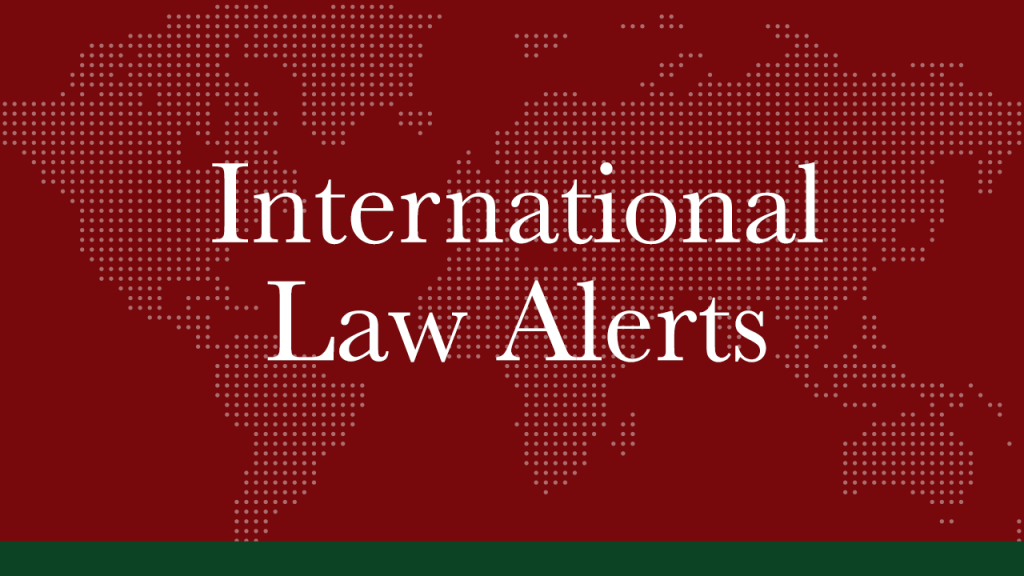
The digital transformation of humanitarian operations raises (at least) two existential issues: one, how do humanitarians preserve what is unique about their work amidst growing dependence on uncontrolled commercial partners; and two, how do humanitarians avoid being exploited for their qualified immunity? The answer is to make an implicit assumption in humanitarian law explicit: humanitarian organizations have a duty to integrity.
Contemporary non-international armed conflicts are increasingly fought by a myriad of non-State actors, often engaging in hostilities against a common enemy and at times operating under the same coalition. These complex situations raise pivotal challenges for classification purposes, whereby applying traditional criteria might be unfeasible or lead to conclusions that do not reflect the reality on the ground.
Urban warfare is not a new phenomenon; cities have featured as a stage for violence since humans began building them, and images in recent years – from Aleppo, Mosul, and Sana’a to Marawi, Mogadishu, Donetsk, and Mekelle – leave little room for doubt that towns and cities will remain primary battlegrounds for future armed conflicts.
Against this evolving backdrop, we must reflect urgently and in earnest about the ways in which contemporary urban conflicts are fought and the devastating humanitarian consequences they cause to cities and their populations.
As long as there have been cities, wars have been staged within them. While the term ‘urban warfare’ conjures more recent images of hollowed buildings and human suffering from Mosul and Mekelle, its history dates back several millennia.
The combined effects of climate change, environment and conflict risks affect all dimensions of people’s lives. From their safety to their health, food and water to economic security – every aspect is affected. Along with other megatrends, such as demographic growth or rapid urbanization, they can shape migration and displacement or access to resources on a continental scale.
For any parent, the loss of a child is extraordinarily painful. But to lose a loved one without knowing where or how they died, without receiving their mortal remains, brings additional pain.
Yet this is the fate that has befallen hundreds of families across the region.
While space objects have been employed for military purposes since the dawn of the space era, the weaponization of outer space would increase the likelihood of hostilities in outer space, with potentially significant impacts for civilians on earth.
The EU has announced today new funding of €53.7 million in humanitarian aid for the most vulnerable people in Ethiopia, including those affected by the conflict in Ethiopia’s Tigray region.







































































































 on the upper right corner to select a video.
on the upper right corner to select a video.